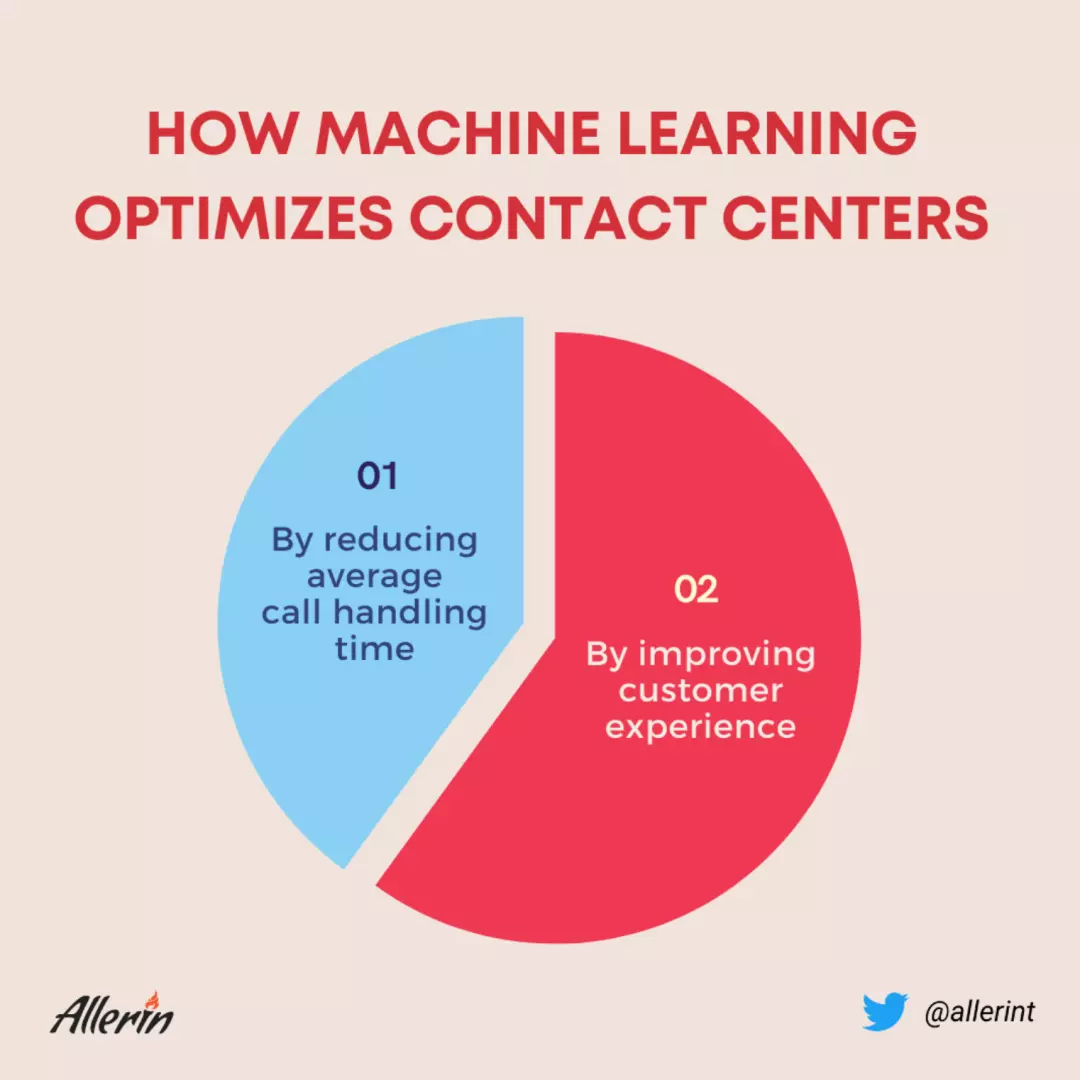Comments
- No comments found

The involvement of machine learning in CRM makes customer grievance handling more streamlined and, above everything else, quicker.
Businesses must leverage the technology to make the experience of dealing with contact centers less tedious for already aggrieved customers.
The success of contact centers is measured on the basis of, more or less, two key performance indicators — the average call handling time (AHT) and customer satisfaction ratings. This means that each call made by a customer not only has to be completed quickly but also with the caller's grievance resolved for good (preferably with no need for callbacks or escalation). That is a tall task during the best of times but becomes especially hard to accomplish during a difficult phase such as a pandemic. Machine learning and cognitive automation can be useful to resolve such problems and make contact centers faster and more effective in terms of customer grievance handling and query resolution. The implementation of AI in CRM can positively transform contact centers of the future. Here’s how:

If there's one thing customers hate doing when they call a contact center, it is waiting on the line for an extended period. Long waiting times are incredibly frustrating for callers, and several customers may feel that organizations are simply disrespecting their valuable time for the sake of it. To return the favor, customers may cease using the products or services of an organization just because they've had to wait a long time before getting to hear a customer service executive's voice. According to a study, long waiting times are the reason why Americans consistently incur collective losses of about US$100 billion annually. From a business perspective, that translates into productivity losses of about US$900 per employee for organizations.
The deployment of voice chatbots and text chatbots helps businesses resolve this problem to a great extent. For example, voice chatbots can immediately engage with customers, cutting the waiting time of a given call right from the onset. Voice chatbots use NLP to "understand" customer problems. In contact centers of the future, such applications will also be able to resolve calls involving simple customer grievances or demands—such as adding a hold bag or correcting a duplication error in one of the travelers’ names in a booked flight reservation. For complex queries, grievances or requirements, the system can simply redirect calls to appropriate Subject Matter Experts (SME) for resolution with minimal delay. This represents a massive upgrade over the same situation playing out in an AI-less environment wherein callers will end up wasting several hours trying to explain their situation to a customer service agent before even getting to speak to an SME.
Several organizations have their contact centers located in offshore regions. Customer service agents in those countries may find it challenging to understand international customers' accents and other linguistic intricacies during a conversation, making it impossible to have a call completed and query resolved quickly. NLP enables voice chatbots to comprehend what a customer is saying, regardless of their language or accent.
Customers generally find it highly irritating when they’re made to repeat themselves over and over again during a call. The involvement of AI in CRM enables callers to have their queries understood and resolved in double-quick time, thereby raising the overall customer satisfaction index.
It is safe to say that contact centers of the future can add several layers of effectiveness and speed by including AI in CRM-related communication.
Naveen is the Founder and CEO of Allerin, a software solutions provider that delivers innovative and agile solutions that enable to automate, inspire and impress. He is a seasoned professional with more than 20 years of experience, with extensive experience in customizing open source products for cost optimizations of large scale IT deployment. He is currently working on Internet of Things solutions with Big Data Analytics. Naveen completed his programming qualifications in various Indian institutes.
Leave your comments
Post comment as a guest